 |
| August 20, 2020 |
Dear Reader,
What determines if someone gets desperately ill from COVID-19? Our lead story explains everything we know so far about the risk factors for severe or fatal cases. In space news, the interstellar object 'Oumuamua might be alien technology because an alternative, non-alien explanation might be fatally flawed, a new study argues. But most scientists think the idea is a long shot. And lastly, instead of suppressing fire, California has moved toward working with it—using controlled flames to restore ecosystems that evolved to burn in frequent, mostly low-intensity blazes. |
| | Sunya Bhutta, Senior Editor, Audience Engagement
@sunyaaa | |
 |
| |
| |
| |
| |
| |
| |
| |
| |
FROM THE STORE
 | | | |
| |
LATEST ISSUES
 |
| |
| Questions? Comments?  | |
| Download the Scientific American App |
| |
| |



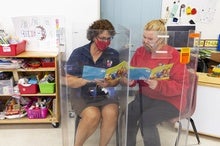
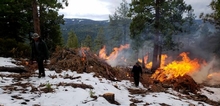




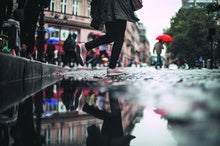
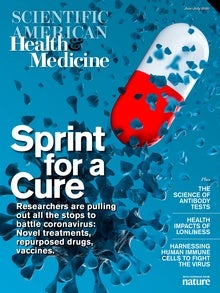

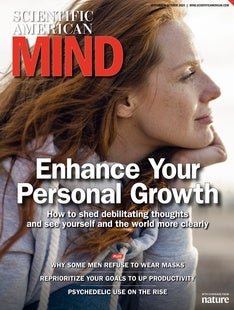


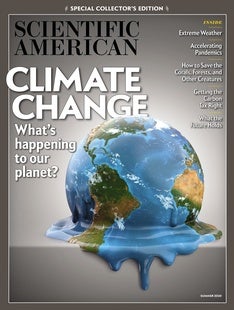
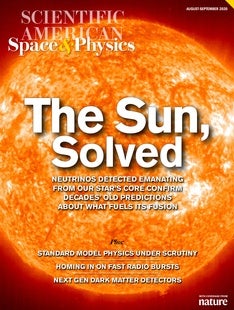



Comments
Post a Comment